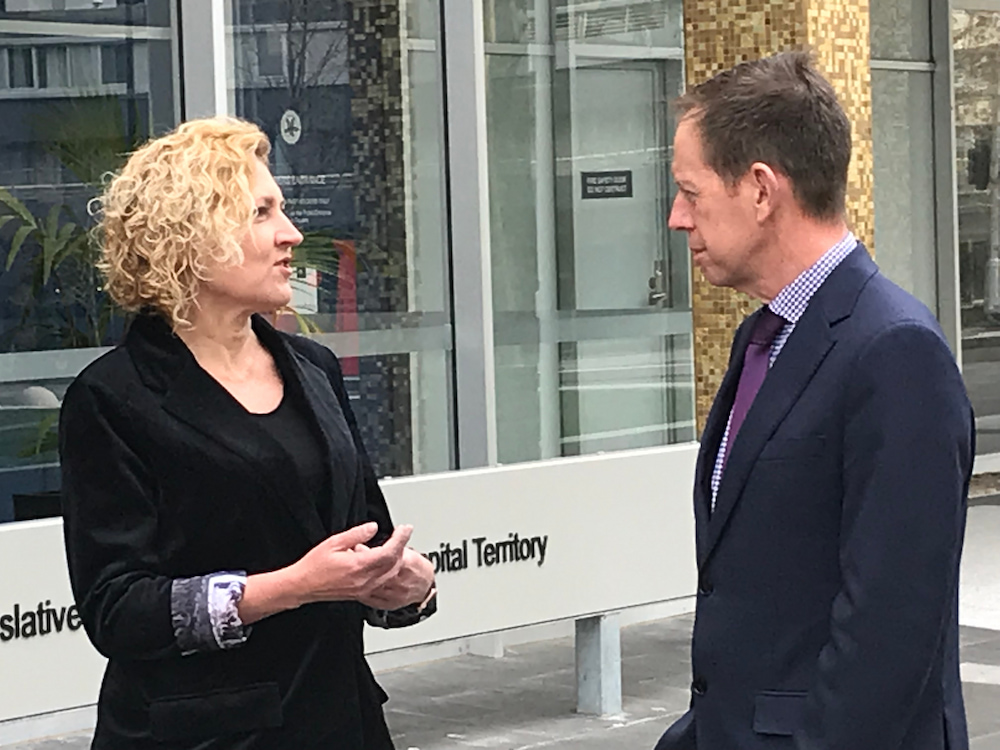A family counselling pilot at Canberra’s prison, greater access to ACT courts for First Nations residents of Jervis Bay, and implementing electronic monitoring will be funded through the Confiscated Assets Trust, the ACT Government announced today.
“The government is focused on using the proceeds of crime to support vulnerable Canberrans,” Attorney-General Shane Rattenbury said.
Last week, the government announced CAT funding for other projects to support victims of crime. The Trust redistributes confiscated proceeds of crime, other criminal assets, and unexplained wealth assets recovered under the Confiscation of Criminal Assets Act 2003.
The government will trial a pilot program for a family counsellor at the Alexander Maconochie Centre ($15,000). The program is designed to help detainees reintegrate with their families, Mr Rattenbury said.
“One of the things that people who are in the Alexander Maconochie Centre keep telling us is that their relationships with their family are a really key part of work they want to do on themselves to change their lives and to be able to live their best life out in the community after completing their time in there…” Emma Davidson, Minister for Corrections and Justice Health, said.
“So if we want a safer community where everyone is happier, healthier, and able to live their best lives, then we want to maintain those strong family connections – and family counselling is such an important part.”
Jervis Bay defendants are tried in the Canberra court system; $50,000 will be spent to fund an audio-visual link at the Jervis Bay Police Station, so that people do not have to travel to court, and to cover travel and accommodation costs for court appearances in Canberra or for transport to Jervis Bay after detainees are released from custody.
The ACT government is considering options for electronic monitoring of offenders in the ACT to reduce reoffending. $214,000 will be spent to continue a feasibility study into electronic monitoring. Last year’s budget committed $377,000 for a two-year feasibility study.
“The key issue with electronic monitoring is deciding what area it will be applied to,” Mr Rattenbury said. “Do we want to most focus on bail or on parole? These are the sorts of questions that need to be resolved, because in different states across Australia, it’s done in quite different ways, and we’re looking to think about what’s the most impactful way to use it.”



